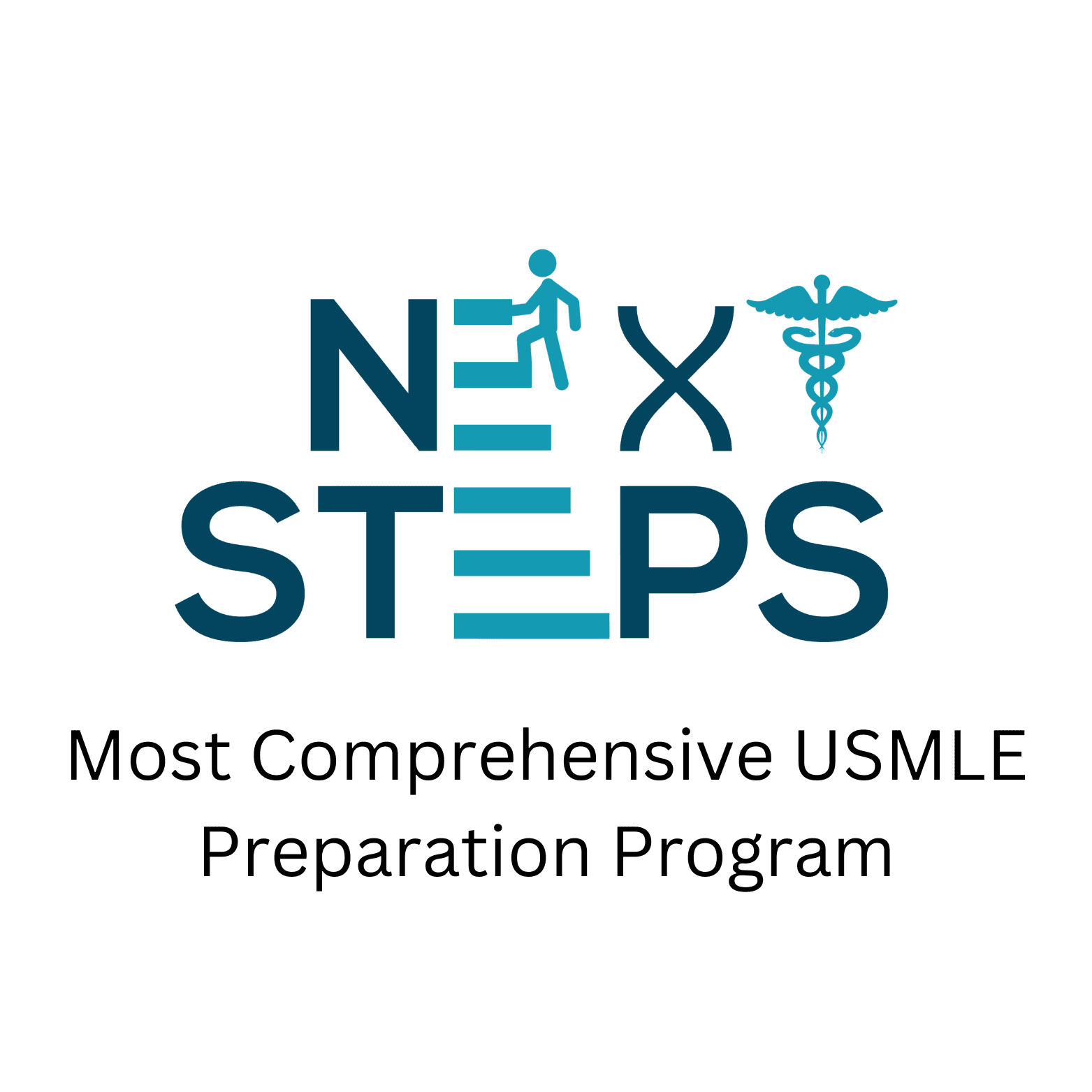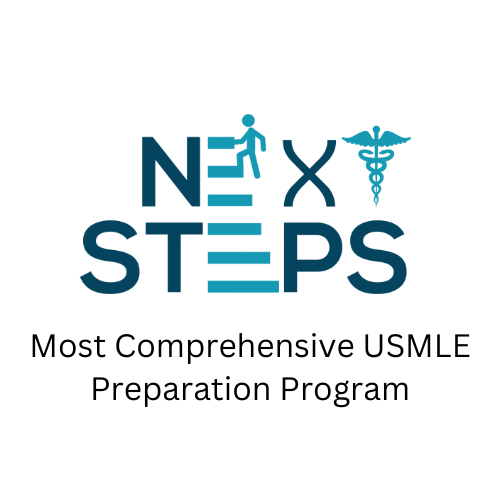Introduction
Building a strong curriculum vitae (CV) is crucial when applying for residency positions in the highly competitive world of medical education. One aspect of your CV that can significantly enhance your application is research publications. In this blog post, we’ll delve into the importance of research in the USMLE CV and how it can make a substantial difference in your residency application.
Why Are Research Publications Important?
Research publications offer a multitude of benefits when it comes to your USMLE CV and your overall application:
Demonstrating Scholarly Achievements:
Research publications showcase your commitment to scholarly endeavors in the medical field. They serve as tangible evidence of your academic and intellectual pursuits.
Showcasing Medical Expertise:
Research publications reflect your understanding of the scientific method, critical thinking, and your ability to contribute to the medical knowledge base. This not only benefits you academically but also makes you a more competent physician.
Setting You Apart:
In the competitive world of residency applications, research publications can distinguish you from other candidates with similar test scores and clinical experiences.
Highlighting a Niche Interest:
Research publications can reflect a specific area of interest or expertise within your field, which can be appealing to program directors who are looking for candidates with unique qualities.
Boosting Interview Chances:
A CV that includes research publications can increase your chances of receiving interview invitations. During interviews, you can further discuss your research and its relevance to the program.
Research Potential:
Publications demonstrate your research potential. For programs with a strong research focus, this can be a significant advantage.
How to Build Research Publications on Your CV
Here are some steps to help you build research publications on your USMLE CV:
Get Involved Early: Start your research journey as early as possible during medical school or even in your undergraduate years.
Find Mentors: Seek out experienced researchers or mentors who can guide you through the research process and provide valuable insights.
Choose Research Topics: Select research topics that genuinely interest you, as this will make the research process more enjoyable and sustainable.
Collaborate: Collaborate with colleagues, residents, or faculty members on research projects. Collaboration can provide mentorship and valuable networking opportunities.
Present at Conferences: Presenting your research at medical conferences and symposiums can help you gain recognition in your field and may lead to publication opportunities.
Seek Publication Opportunities: Identify reputable medical journals that align with your research focus and submit your work for publication.
Stay Persistent: Building a strong research portfolio takes time and persistence. Be prepared to face setbacks and challenges along the way.
Conclusion Research publications are invaluable additions to your USMLE CV. They reflect your dedication to scholarship, medical expertise, and your unique contributions to the field. By building a strong research portfolio, you can set yourself apart from other residency applicants and demonstrate your potential to become a competent, well-rounded physician. Whether you are aiming for a research-intensive program or seeking to bolster your overall application, importance of research in the usmle cv can play a pivotal role in your success.





